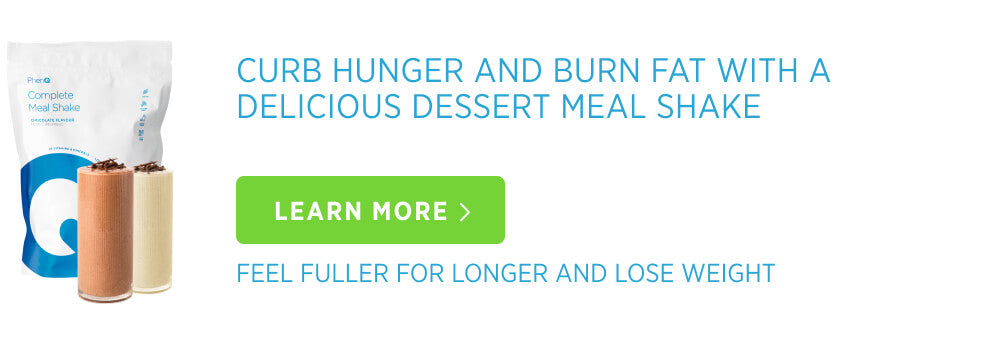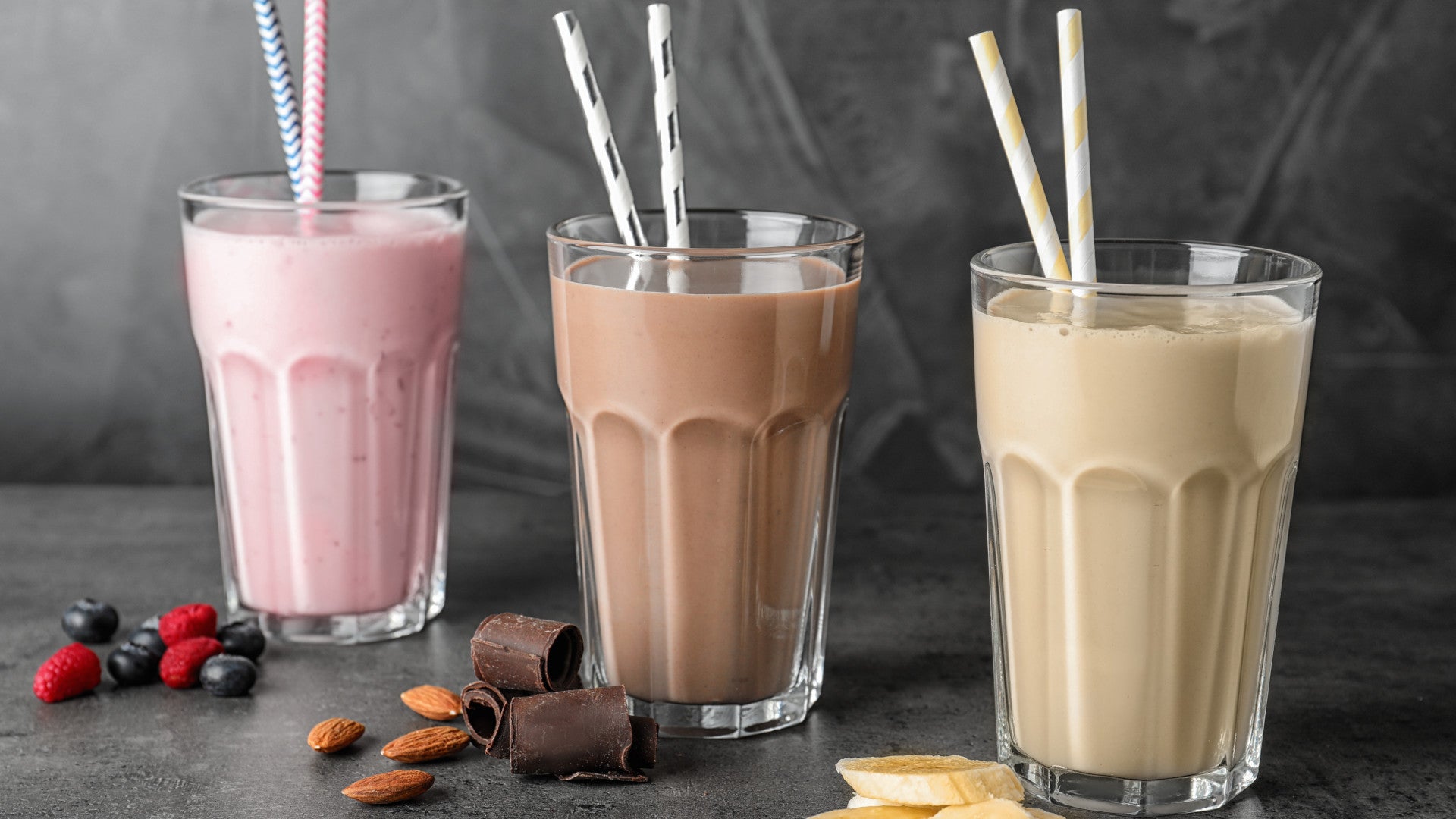Carbohydrates are commonly thought of as the downfall of every dieter. After all, you can barely turn around without seeing the latest low-carb fad being touted by any number of celebrities, doctors, or everyday individuals.
The most popular low-carb diet is the Atkin’s diet. However, this diet was dismissed by many as long as 10 years ago. But to this day, many still choose a low-carb diet when they want to lose weight – especially if they want to lose weight quickly.
Below, we’re discussing the carbohydrates function, different types of carbohydrates, good vs. bad carbohydrates, how carbs can help you lose weight, and if low-carb diets are worth paying attention to.
Three Types of Carbohydrates in Foods
There are three main types of carbohydrates in foods:
- Starches – Starches are also known as complex carbohydrates and include starchy vegetables, beans, lentils, grains, and more!
- Sugars – There are two types of sugar: (1) those that occur naturally in foods like fruit and (2) artificial sugars that are added to processed foods.
- Fibre – Fibre is a nutrient unique to plant foods and are found in a range of beans, vegetables, and other sources. Some of the best sources of fibre include beans and legumes, fruits and vegetables (especially those with edible skin and/or seeds), whole grains, and nuts.
Starches and fibre are sources of good carbohydrates that keep you full and satisfied. Naturally occurring sugars in fruits are good for you whereas artificial sugars typically aren’t, especially if you’re trying to lose weight.
carbohydrates function
Carbohydrates, regardless of their type, are your body’s primary energy source. This is one of the reasons why low-carb diets are dangerous, particularly if you have also increased the amount of exercise you performs on a daily basis.
Good vs. Bad Carbohydrates
Carbohydrates differ as to whether they are good (i.e. complex) or bad (i.e. simple).
Simple carbohydrates are just that. They’re simple to digest and are comprised of basic sugars that offer little-to-no value to the body. Because they are high in sugar and low in fibre, they aren’t nutritionally dense and can be classified as “empty calories.”

Common simple carbs include:
- Candy
- Sugar
- White rice, bread, and pasta
- Potatoes
- Pastries and desserts
In contrast, complex carbohydrates are comprised of longer series of sugars. This forces the body to spend more time breaking them down, maintaining a more level blood sugar and keeping you energised throughout the day.
Common complex carbs include:
- Nuts
- Seeds
- Legumes
- Whole grain breads and pastas
- Fruits and vegetables
How Carbs Can Help You Lose Weight
Before you begin the latest low-carb diet to fuel your weight loss, consider this: Carbs can actually help you lose weight.
Here are five ways how:
- They Keep You Full – Complex carbohydrates are digested more slowly and trigger fullness in both your stomach and brain. This helps you eat less and lose weight.
- They Reduce Hunger – Fibre- and starch-rich carbohydrates eliminate cravings, making it simpler for dieters to stay on track.
- They Increase Metabolism – As they’re digested, carbs release fatty acids that promote fat burning.
- They Burn Belly Fat – Carbs increase the amount of fat-burning enzymes while decreasing the activity of fat-storing enzymes. This decreases the growth of fat cells in the belly, reducing calories that are stored as fat.
- They Keep You Satisfied – Foods can keep you full without being satisfactory. By increasing the amount of foods you eat that keep you satisfied, you will increase satiety hormones and be less hungry over time.
Why Low Carb Diets Aren’t Always the Greatest Option
Low carbohydrate diets rely on cutting out essential nutrients and calories to create weight loss. To be sure, this works from a short-term perspective. However, it won’t sustain your weight loss from a long-term perspective.
In fact, studies that measured results for participants for between 12 and 24 months found that low-carb diet benefits are insignificant and most people actually gain back any weight that has been lost. Strict diets that limit carbohydrates are also known to result in vitamin or mineral deficiencies that can compromise your health and increase the risk of developing chronic disease.
Read: What are carb blockers
The Carbs You Eat Should Match Your Goals
While there’s an accepted difference between good and bad carbs, the definition of “good” or “bad” may differ depending on your goals.
According to Jack Alhadeff, PhD “If you’re eating to get energy for physical activity right away, simple carbs – pasta, white bread, processed cereals, and the like – work well. If someone is heavy or wants to manage weight, it is smart to choose high-fiber carbohydrates.”
As such, you should consume what you need for your specific goals.
Carbohydrates Aren’t the Enemy of Dieters…
…and in fact, they can be a great asset in your effort to power your workouts, reduce your body fat, and lose weight. As such, you shouldn’t assume that a low-carb diet is the answer to your dieting needs.
Instead, consume complex carbohydrates in regular meals to control fat and energise your day. If you’re off to the gym, simple carbohydrates are best.
In any case, eating a well-balanced diet complete with complex carbohydrates is the smartest way to diet. To amplify your results even further, you may even want to consider a supplement such as PhenQ to help boost your energy, increase your metabolism, and burn your fat stores even more efficiently.
Doing so complements the effects of carbohydrates on your body and will have you on your way to a happier, healthier you.




